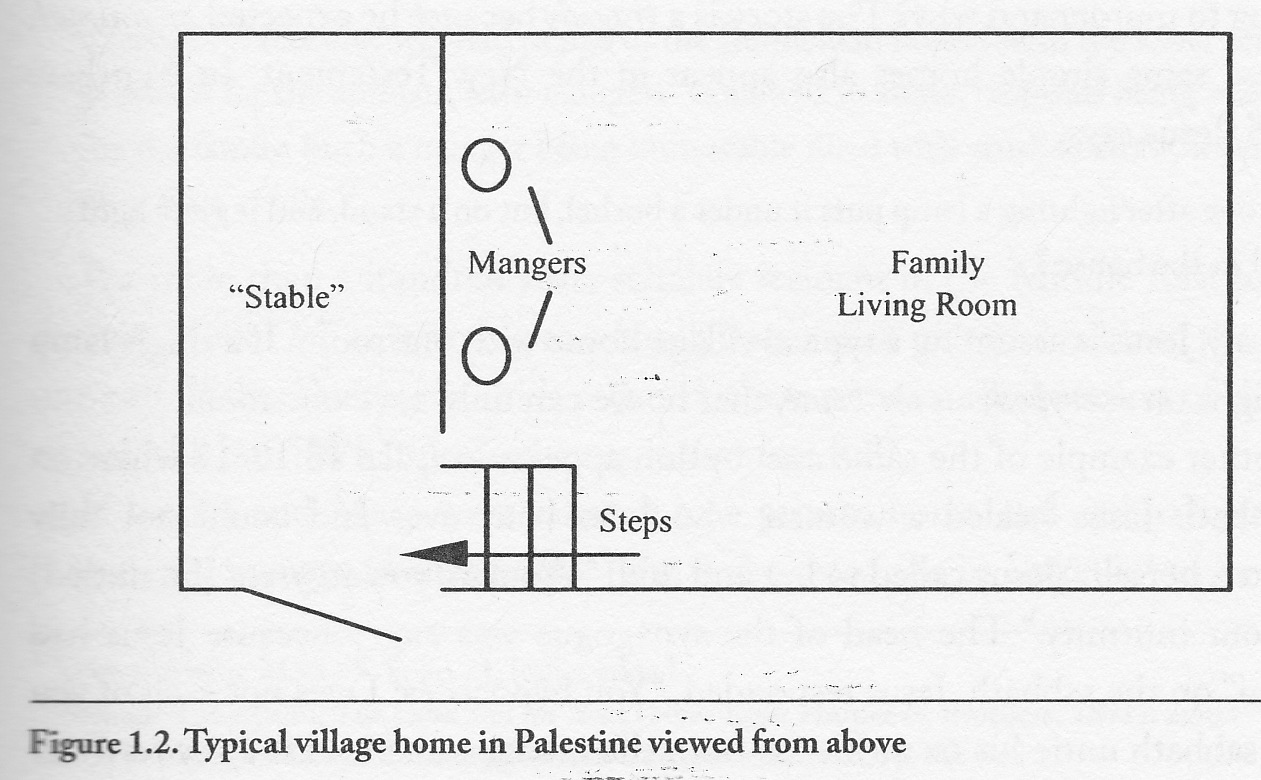And just because Jesus did it does not mean other servants in the house were dismissed - that again goes past the basics of how houesholds were set up when it came to Passover, especially for those who owned homes. Jesus also worked with women who wanted to anoint him like the Woman who washed his feet in Luke 7 - but that didn't mean every home he went into allowed for women to do the same...as Christ respected social classes (more
discussed here). One thing being true in one setting doesn't change the dominant culture at large, as that's going past the text in its historical setting. To do so is speculating past the text or ignoring how the text would have been interpreted in the time it developed in.
Scripture doesn't speak on all subjects and issues at any given time - that would be bibioidolatry. THat would be like saying that Scripture didn't record animals like birds flying during the Passover and thus no animals were present - but that doesn't come close to addressing the fact that scripture was never a POINT-FOR-POINT text covering all issues. Many things were inferred and you could not cover all. THus, one cannot say that certain things did not happen for certain when the cultural practices that were normative are well-known.
There's no evidence saying Lazarus was not present with them, nor would it even be a linchpin to hold to on the issue since him not being present for the Last SUpper is far from the central issue in showing whether or not he wrote the Gospel of John.
It's only speculation when looking past what the entirety of the text - thus it is begging the question in the name of avoiding supposition. You have no evidence going on "Well we're not told" since we're also NOT told that John wrote the Gospel of John when he never identified himself whatsoever - nor are we told many other events. We already know Masters DID NOT leave their homes abandoned when it came to renting them out - thus meaning that the logical understanding is that the homes had others present as normative practice like.
Scripture never argued that things were true only if Scripture mentioned it - one of the basics in Scripture when it comes to not divorcing scripture from the setting it developed in and the historical realities behind it.
Are you saying that Lazarus must have been present because Scripture says he previously dined with Jesus?? That doesn't make it so - many people did.
Also, what about going fishing, and on the sea shore after the resurrection? Again, Scripture doesn't name Lazarus. You may be able to make a case, I suppose, but we aren't told. Scripture already says plainly "It is one of the 12 who will betray me" - indicating there were more than 12 present, otherwise the quote is redundant. You only specify in order to give more certainty in a larger group - so we have to go with the scriptures rather than choosing to avoid the immediate context due to us not wishing to believe something.
Respectfully, Really couldn't care less as to what's found out - as all are on their own journey and all that matters is following Jesus. As it concerns what happens down here below, things are shared for those who either agree or have been processing - and if one disagrees, they can simply move on in life.

Seeing that you already avoided scripture on several points, I don't see a) how scripture is being noted when it is not taken for what it is and b) tradition also differs on a number of things (including authors of books and Canon) and thus appealing to it would not be consistent if trying to make it out as if it was airtight when that was far from the case) and b.) one should not really be in a thread one is choosing freely to come into if they disagree - as no one is forcing you here. People discuss authorship as it concerns facts and wrestling through the Word of God for accuracy - just as it is with many other things.



